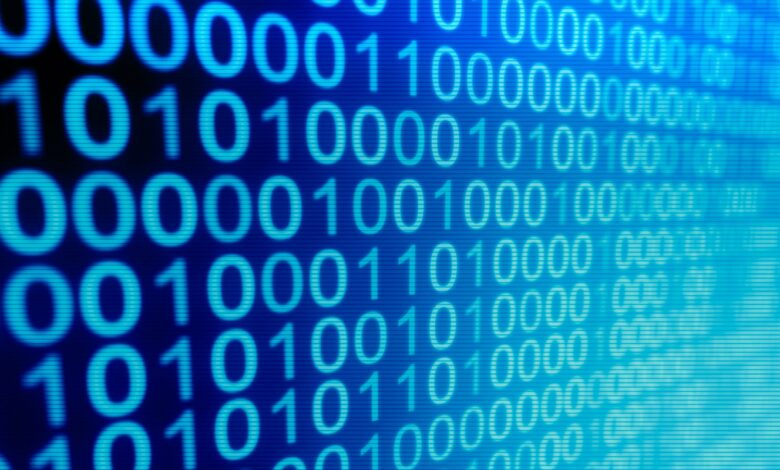UStudioBytes Unleashed: The Ultimate Creator’s Toolbox for Digital Domination

1. Introduction: What Is UStudioBytes?
In the ever-evolving landscape of digital creativity, UStudioBytes emerges as a breath of fresh air for creators. Whether you’re a filmmaker, graphic designer, podcaster, YouTuber, or storyteller, UStudioBytes offers a creative ecosystem tailored to your journey. More than just a platform, UStudioBytes is a vibrant hub of tools, tutorials, templates, and a supportive community—designed with creators in mind. In a world saturated with content, standing out requires not just talent, but the right resources and guidance—and that’s exactly what UStudioBytes delivers.
2. The Heart Behind UStudioBytes
Behind every powerful platform is a story—and UStudioBytes has a compelling one.
Born out of the need to centralize quality digital tools and empower creators, UStudioBytes was built by a team of designers, coders, editors, and educators who understood the struggles of the modern content maker. They asked the hard questions: Why is good software so expensive? Why do creators have to juggle 10 platforms for 10 tasks? Why is high-quality education behind paywalls?
UStudioBytes became the answer—democratizing digital creation, one byte at a time.
3. Tools for the Modern Creator
UStudioBytes isn’t just another place to download stock music or drag-and-drop templates. It’s a powerful creative suite packed with:
- Video & Audio Editing Templates: From cinematic LUTs to drag-and-drop sound beds, creators save hours on editing.
- Social Media Packs: Instagram reels, YouTube intros, TikTok overlays—all optimized for engagement.
- AI-Assisted Features: Caption generators, voice changers, idea prompts—powered by smart, intuitive tech.
- Design Toolkits: Logos, pitch decks, thumbnails, and branding kits ready to use or customize.
Everything on UStudioBytes is made by creators—for creators. No generic fluff—just what works.
4. Learning and Growth: Courses, Tutorials & More
Unlike other platforms that simply offer tools, UStudioBytes is deeply invested in growth. It provides:
- Mini-Courses on editing, storytelling, and content strategy.
- Workshops led by experienced creators and YouTubers.
- Step-by-step Tutorials for both beginners and pros.
- Live AMA Sessions with industry professionals.
And the best part? Many of these resources are free or budget-friendly—making professional learning accessible to everyone.
5. Real Stories from the UStudioBytes Community
What truly sets UStudioBytes apart is its community—creators from all walks of life sharing wins, challenges, and tips.
Meet Aria, a Pakistani filmmaker who used UStudioBytes LUT packs to elevate her documentary. Or Jamal, a Twitch streamer who discovered the overlay kits and doubled his viewer engagement. And then there’s Mei, a digital artist from Singapore who joined a UStudioBytes branding workshop—and landed her first freelance client right after.
These aren’t exceptions—they’re the norm. UStudioBytes helps creators thrive not just in tools, but in confidence.
6. How UStudioBytes Stands Out
Here’s how UStudioBytes beats the competition:
| Feature | UStudioBytes | Traditional Platforms |
|---|---|---|
| Creator-first design | Yes | Often not |
| Affordable tools | Budget-friendly | Expensive subscriptions |
| Learning support | Courses included | Paywalled or scattered |
| AI-assisted features | Built-in | Rare or extra cost |
| Community collaboration | Strong & active | Minimal or missing |
UStudioBytes focuses not just on what creators do—but on why they do it. That emotional connection matters.
7. UStudioBytes in the Creator Economy
We live in the age of the creator economy—where individuals are building brands, careers, and businesses with a phone and a dream. Platforms like YouTube, TikTok, and Substack have given rise to millions of micro-entrepreneurs.
But creation takes more than just an idea.
That’s where UStudioBytes comes in—not as a replacement for social media, but as the fuel behind it. It powers creative flow, simplifies the technical work, and inspires creators to keep building.
In short, UStudioBytes isn’t just riding the wave of the creator economy—it’s helping steer it.
8. Final Thoughts: Why UStudioBytes Is the Future
There are countless platforms, software, and tools out there for creators. But few combine accessibility, creativity, learning, and community the way UStudioBytes does.
Whether you’re starting out or scaling up, UStudioBytes offers a roadmap—and the tools—to make your ideas real.
No overpriced subscriptions. No confusing interfaces. No “pro” barriers.
Just you, your vision, and the tools to bring it to life.
Read also: Iversær: Unlocking the Power of Creative Adaptability



